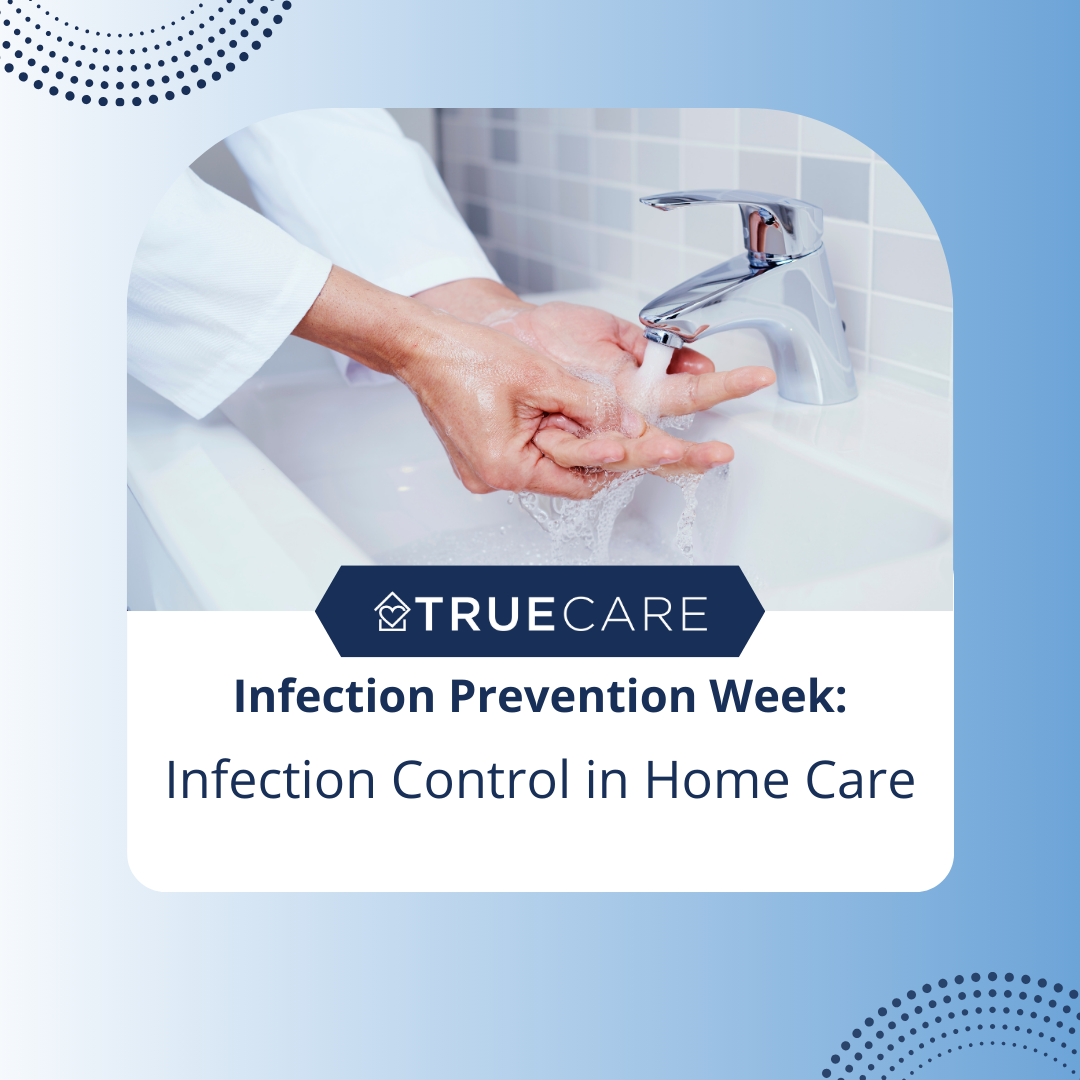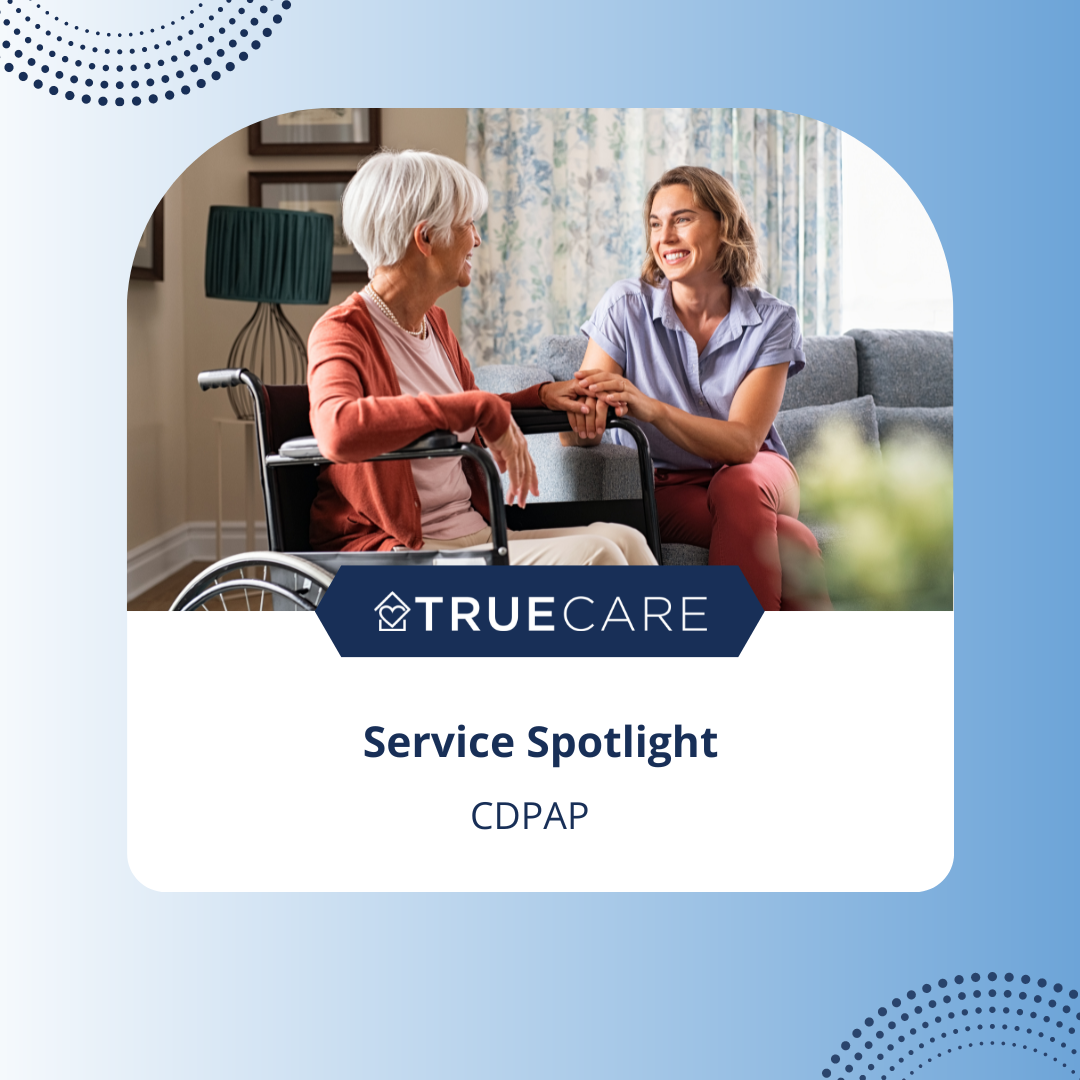It's International Infection Prevention Week, and today we're diving deep into the world of infection control. For Home Health Aides, CDPAP Personal Assistants, or anyone performing care for someone in their home, your role is incredibly important in keeping your client or loved one healthy and comfortable, so let's break down this vital aspect of home care!
Infection Prevention Week: Infection Control in Home Care
Posted by True Care Staff in Health & Lifestyle, in Caregiver Corner, in home care
Grief Awareness Day: Love and Loss
Posted by True Care Staff in Caregiver Corner, in Hospice, in home care
All of us have experienced grief in one way or another throughout our lives. As an essential yet difficult part of the human experience, grief encompasses the emotions that arise in response to loss. Sorrow and suffering, although painful, are a natural reaction to loss. Whether grieving the death of a loved one, or grieving a relationship, job loss, or other life event, the process of grief is something that comes in waves and is not linear. Every individual has a unique journey through grief, which often includes stages such as denial, anger, bargaining, depression, and acceptance.
Service Spotlight: CDPAP
Posted by True Care Staff in home care
As each of us face the natural process of aging, most of us want to get older at home. In fact, according to the Associated Press’s Center for Public Affairs Research, 88% of Americans want to stay in their own home or the home of a loved one in the event they need ongoing living assistance as they age. Receiving care at their own home is the preferred option for a full 76% of respondents. You may have a family member or loved one who is already providing you care at home. But did you know that it’s possible to have that person be compensated for their time and efforts by the State?
6 Ways to Prevent Heat Stroke in Seniors
Posted by True Care Staff in Caregiver Corner, in home care, in heat, in summer
Heat stroke is a danger to all, but it is a severe risk for seniors. Older bodies are less sensitive to changes in temperature and can’t adjust either. So, seniors might not even notice that they’re overheating – until they become unwell. Chronic health conditions and common medications also make it harder for the body to respond to heat.







